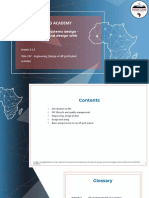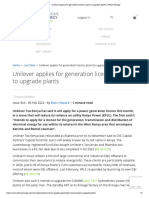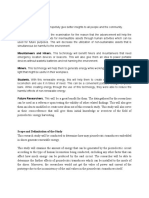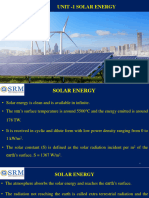0% found this document useful (0 votes)
455 views19 pagesBattery Storage for Energy Experts
Mitsubishi Power provides battery energy storage systems for grid applications. It has over 80,000 employees worldwide and revenue of €27.7 billion. Its European headquarters are in London and Duisburg. Battery energy storage can provide grid services like frequency regulation, renewable integration, energy management and peak capacity reduction. It integrates with grid assets and applications both in front and behind the electricity meter.
Uploaded by
John NjorogeCopyright
© © All Rights Reserved
We take content rights seriously. If you suspect this is your content, claim it here.
Available Formats
Download as PDF, TXT or read online on Scribd
0% found this document useful (0 votes)
455 views19 pagesBattery Storage for Energy Experts
Mitsubishi Power provides battery energy storage systems for grid applications. It has over 80,000 employees worldwide and revenue of €27.7 billion. Its European headquarters are in London and Duisburg. Battery energy storage can provide grid services like frequency regulation, renewable integration, energy management and peak capacity reduction. It integrates with grid assets and applications both in front and behind the electricity meter.
Uploaded by
John NjorogeCopyright
© © All Rights Reserved
We take content rights seriously. If you suspect this is your content, claim it here.
Available Formats
Download as PDF, TXT or read online on Scribd
/ 19






























































































